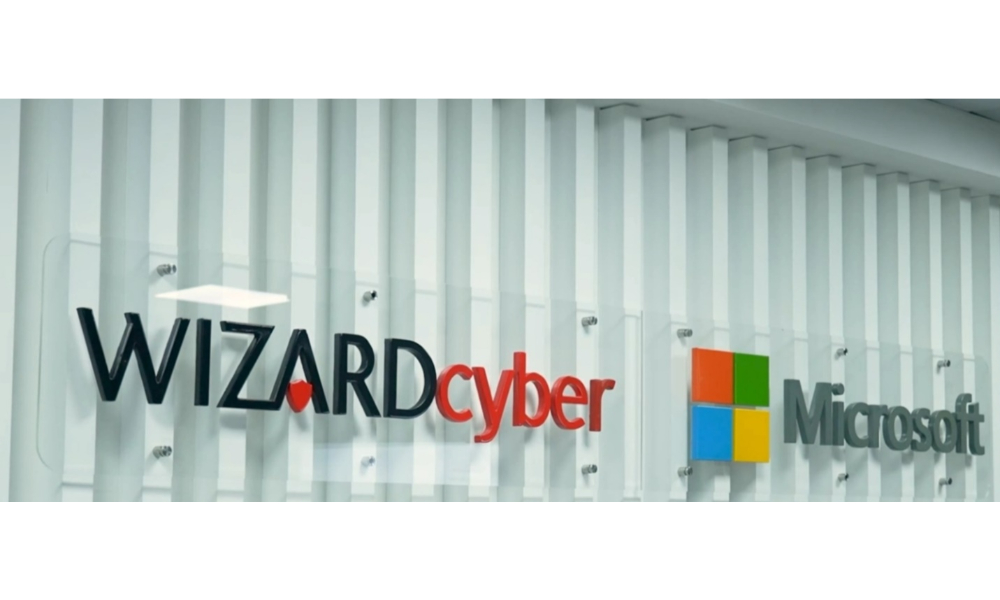Modern software development demands speed with accuracy. Continuous Integration and Deployment play a crucial role. They allow teams to release updates faster with reduced risk. Workflows stay streamlined while minimizing chances of failed releases. Organizations see value through better quality and improved customer trust.
Why integration and deployment matter most?
Enterprises adopt automation to maintain release consistency. Custom Software Product Development Services support CI and CD practices effectively.
Major benefits of adopting CI and CD
Teams adopting CI and CD gain strong project advantages quickly and efficiently.
- Early bug detection reduces costly delays during release cycles
- Faster testing ensures higher product reliability for business outcomes
- Code integration prevents conflicts between different development teams
- Automation improves release schedules with minimal manual involvement
- Quality checks are integrated into every stage of the development lifecycle
- Feedback loops shorten, improving collaboration across departments effectively
- Deployment processes become predictable, reducing operational downtime significantly
- Client confidence grows with consistent delivery of tested applications
How does it improve development speed?
CI and CD remove bottlenecks from release processes. Teams spend less time fixing conflicts and more time building features.
Common questions about CI and CD
- Why is CI important for modern software? It prevents conflicts and accelerates product release schedules effectively.
- How does CD reduce deployment risk? It automates releases, ensuring predictable and stable deployments each time.
- What role does automation play? Automation improves accuracy while reducing manual errors in deployment tasks.
- Can CI pipelines support remote teams? Yes, they align distributed teams by automating code merges efficiently.
- Do clients benefit directly from CI CD? Yes, clients receive faster updates with improved software stability overall.
Continuous testing ensures product reliability
Testing is part of every integration in modern workflows. This ensures better release quality across projects. Automated validation reduces dependency on manual testers significantly. Stakeholders gain trust when systems deliver consistent results. Reliability is maintained even under demanding release schedules.
Why is collaboration stronger with CI?
CI pipelines encourage teamwork by integrating frequent code updates. Developers align efforts easily without conflicts.
Monitoring performance in integrated pipelines
Tracking metrics across pipelines helps teams identify issues faster.
| Key Metric | Impact on Projects | Business Value |
| Build success rate | Higher reliability | Fewer failures |
| Average deployment time | Faster releases | Quicker value |
| Automated test coverage | Stronger quality | Lower defects |
| Rollback success percentage | Reduced downtime | Higher trust |
The insights above prove why firms in India and the USA invest in Custom Software Product Development Services when adopting CI and CD pipelines.
Building future-ready systems
Continuous integration and deployment transform software projects globally. They minimize risks while ensuring fast release cycles. Teams build stronger collaboration supported by reliable automation. Organizations maintain long-term value with better customer confidence.



